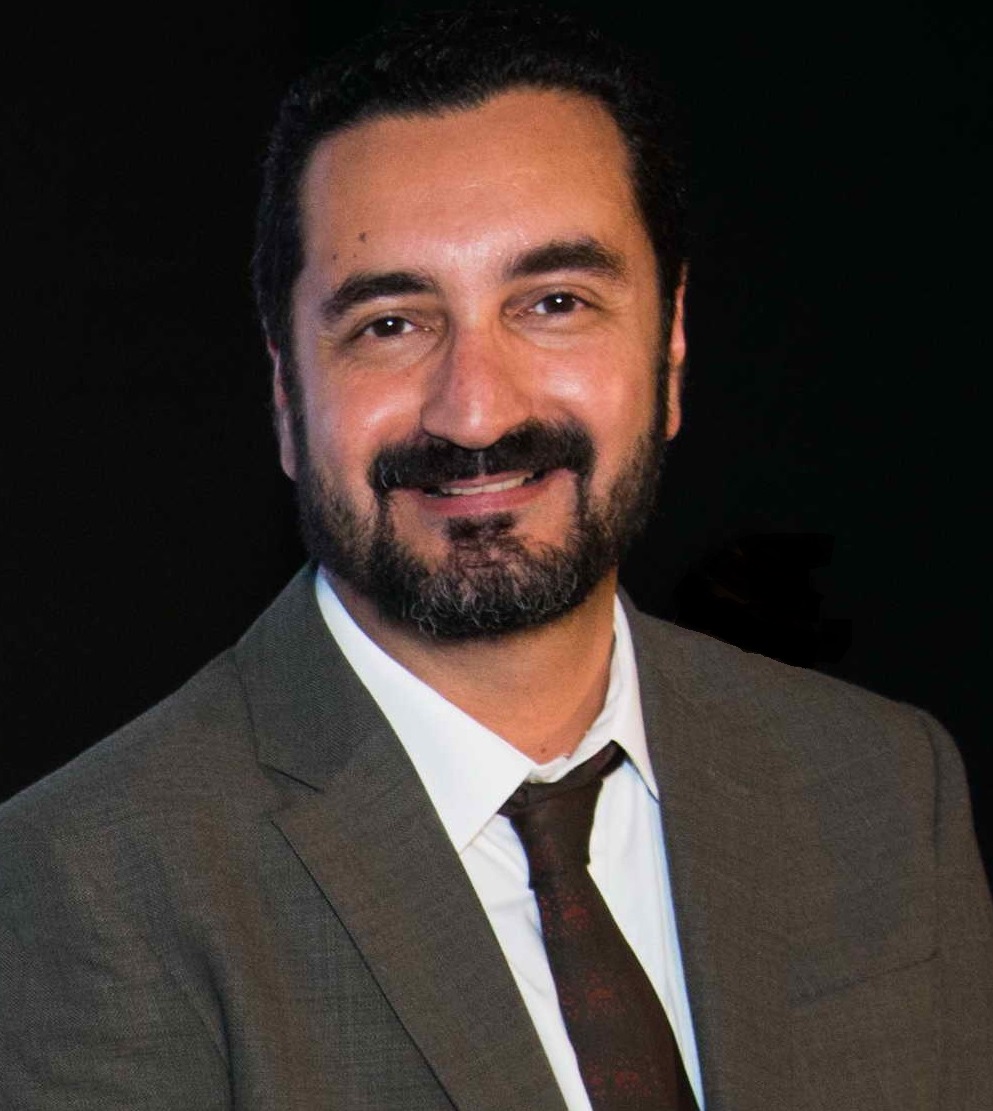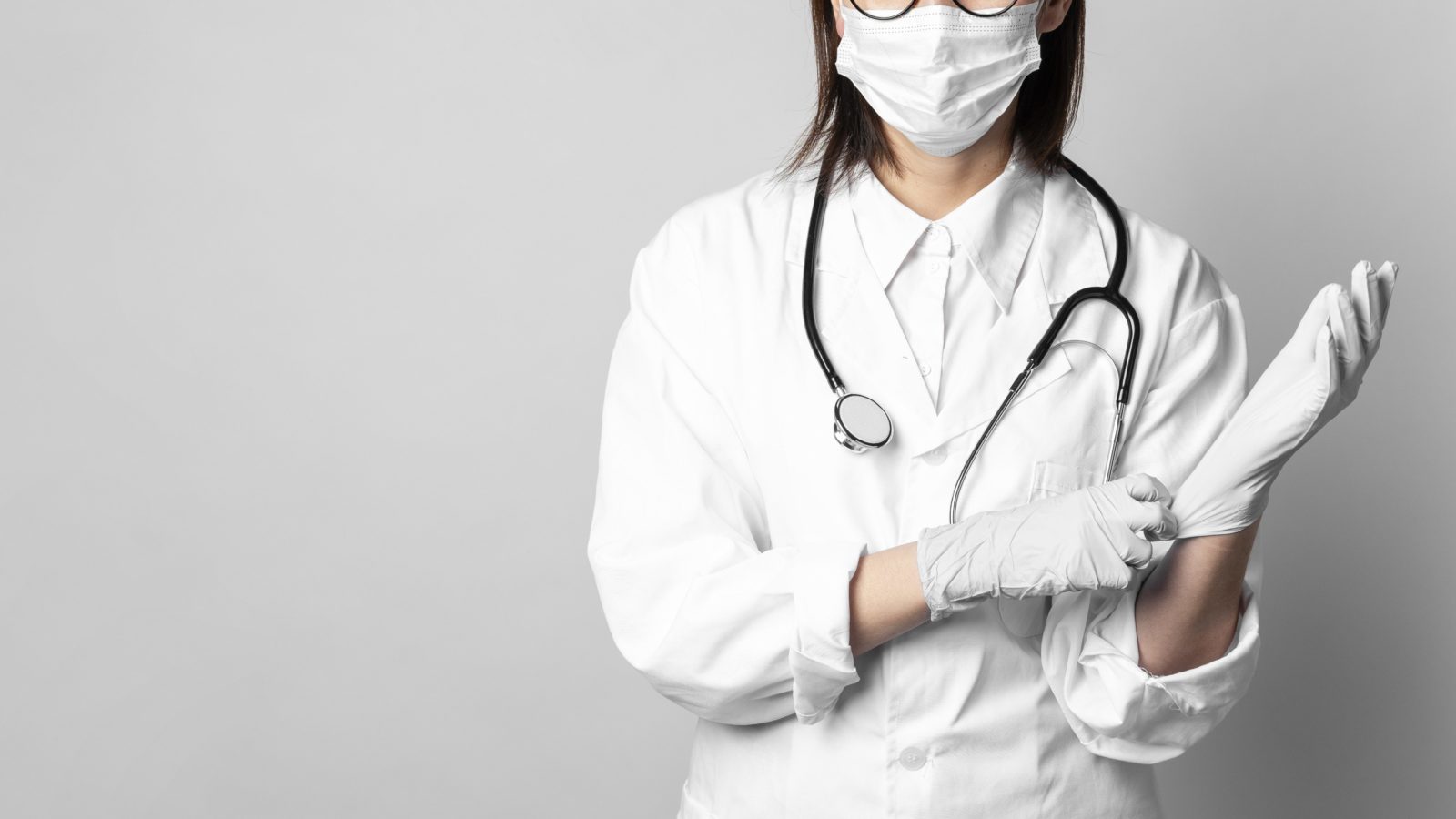“We were told to be prepared for a surge of cases afflicted with COVID-19 coming into our hospital. It was an unseen entity. We had no real clarity on what treatment protocols to use. We were told by our hospital that we had limited wards and beds for isolation, very few ventilators and no complete gear to safeguard us besides disinfectants, gloves and masks.
As always, we were in high spirits and looking forward to carrying out our duties to the best of our capabilities. I felt good about myself as I’m a Chest Physician and my expertise would be so required at times such as these. For a few days. There was silence. And peace. The city became quiet, we could hear birds outside our hostel rooms, and it almost felt like the calm before a storm.
Within a week’s time, the cases started to trickle in. Mainly compromised patients with pre-existing medical conditions. Breathlessness, uneasiness, low to high grade fevers and flu-like symptoms. Even though the symptoms were not that debilitating, the fear and panic was what first caught my attention within their eyes. The look of resignation, helplessness, hopelessness, some even anticipating their end.
After the initial questions, there was silence too. And peace. The most difficult for them was the isolation. Being unable to see or hold their loved ones. Some elderly parents were desperate to see their grandchildren. Some adults couldn’t meet their spouses. They were in turn at home looking after children or other aged family members.
However, all this was part of my training. It’s part of what we have to deal with. Sharing bad news. Letting families know the diagnosis and the prognosis. Explaining treatments and their outcomes. Giving prayer and hope. This was different. After a point, what could we say? There was no regulated treatment protocol. No vaccine yet. No determined outcomes. We had to wait. We had hope. There was silence. And peace.
Few weeks later, patients started dying. Many patients died on our floor, under our watch, under our management. That’s when things changed for me. That’s when things took a turn for me.
I was petrified of going home. I had a nine and six-year-old who missed their mother. I had a husband who was floundering without me as he had to manage his work from home schedule as well as look after our kids and his ailing father who was diabetic and a heart patient. I was torn between my duty as a mother, wife, daughter and towards my patients who needed me back at the hospital. I was riddled with guilt, fear, shame, anxiety and at times absolute panic.
After the death toll increased, I came home one night and through a Zoom call, I created a living-will for myself, something I had never thought of in all these years as I was only 42 years of age. I didn’t want to die.
A few nights later when I was on call, one of my patients who was also a mother, about my age, asked me my name and some details about me and my life and my kids. Amidst the conversation, she broke down and wept bitterly. When I asked her why she wept, she looked up and said to me: “I can’t believe how brave you doctors are. I’m so very grateful and thankful for all the care that you give us. You give me strength and hope. I’m missing my children too and don’t have them here with me because I don’t have a choice. Here you are, with me, even though you have that choice.” That night, thereafter, there was silence. And peace.”
————————————————————————————————————
Our doctors, surgeons, physicians, mental health professionals and other healthcare workers, who are the first responders, are among the high risk group for mental health challenges during this pandemic.
They face prolonged exposure to high stress work environments at hospitals and personally. They will be going through post-traumatic stress like symptoms, burn outs, anxiety, depression, isolation and psychological setbacks.
Some may abuse substances to cope or may have significant changes in eating or sleeping patterns and other stress-related symptoms. Some may even contract this virus during their duty, and some have even committed suicide after learning that they have tested positive.
Always remember:
1. We are human beings first, then healthcare professionals. It is normal to feel these apprehensions, fears and anxieties.
2. It is normal to feel conflicted between our duties as health care givers and safeguarding ourselves and family members.
3. We have the right to refuse unsafe working conditions, environments or work which is not mandatory or emergency based.
4. It is prudent to make plans for the future, with documents, legalities and financial planning.
5. It is important to build and create innovative ways with technology to continue providing healthcare services.
6. We need to safeguard ourselves first in order to be able to serve others, thus it is very important to check-in and have counselling sessions with a psychologist or psychiatrist to ensure that our thoughts and feelings are being dealt with in the healthiest manner possible.
7. It is important, sensible and intelligent to socially distance yourself and stay at home. Don’t be afraid or guilty to do so. This is your life and your choice.
8. Try and rest your thoughts in the present moment of time. With so much of uncertainty, obsessing about the future will only create more anxiety and fears of the unknown.
9. Create a robust schedule and timetable with a few moments set aside for yourself too. This will help in balancing your mental and physical health, work from home schedules, home chores and quality time with family.
10. Make the best of the time that we have with our loved ones at home. These days and hours won’t come back. Create moments and memories with mindfulness, creativity, humour and balance.
11. Focus on gratitude and keep reminding yourself and feel blessed for the smallest of things that we have in our lives, which we take for granted ever so often.
12. Keep in touch regularly with your loved ones and family members who live away, especially ones who live alone or family members who are aged. Touch base with your patients to know how they’re feeling and doing. This will create a stronger sense of goodwill and trust between you and your clients.
Remember, you are brave, strong, revered and respected for all that you do and keep doing, to be in the service of providing healthcare.


